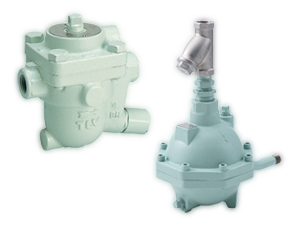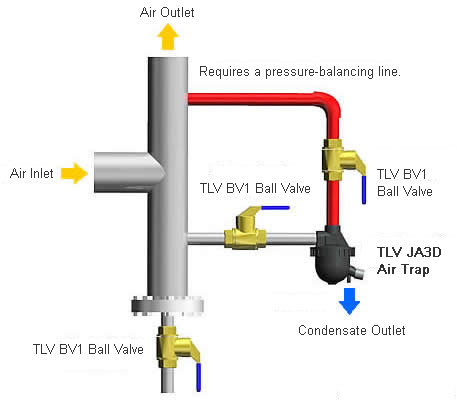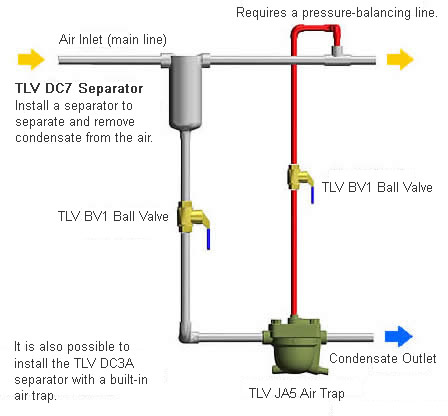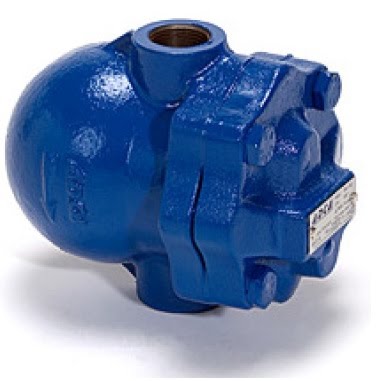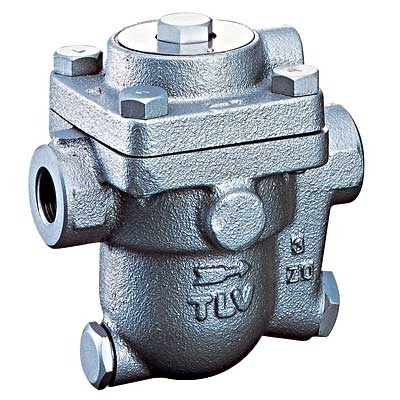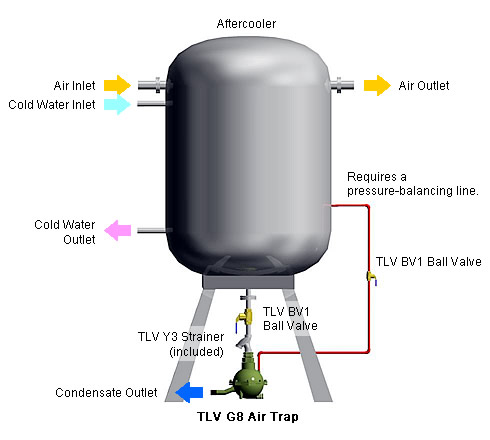
noun
- a contrivance used for catching game or other animals, as a mechanical device that springs shut suddenly.
- any device, stratagem, trick, or the like for catching a person unawares.
- any of various devices for removing undesirable substances from a moving fluid, vapor, etc., as water from steam or cinders from coal gas.
- Also called air trap. an arrangement in a pipe, as a double curve or a U-shaped section, in which liquid remains and forms a seal for preventing the passage or escape of air or of gases through the pipe from behind or below.
- traps, the percussion instruments of a jazz or dance band.
- Trapshooting, Skeet. a device for hurling clay pigeons into the air.
- the piece of wood, shaped somewhat like a shoe hollowed at the heel, and moving on a pivot, used in playing the game of trapball.
- the game of trapball.
- trapdoor.
- Sports. an act or instance of trapping a ball.
- Also called mousetrap, trap play. Football. a play in which a defensive player, usually a guard or tackle, is allowed by the team on offense to cross the line of scrimmage into the backfield and is then blocked out from the side, thereby letting the ball-carrier run through the opening in the line.
- Slang. mouth: Keep your trap shut.
- Chiefly British. a carriage, especially a light, two-wheeled one.
verb (used with object), trapped, trap·ping.
- to catch in a trap; ensnare: to trap foxes.
- to catch by stratagem, artifice, or trickery.
- to furnish or set with traps.
- to provide (a drain or the like) with a trap.
- to stop and hold by a trap, as air in a pipe.
- Sports. to catch (a ball) as it rises after having just hit the ground.
- Football. to execute a trap against (a defensive player).
verb (used without object), trapped, trap·ping.
- to set traps for game: He was busy trapping.
- to engage in the business of trapping animals for their furs.
- Trapshooting, Skeet. to work the trap.
noun
- a mechanical device or enclosed place or pit in which something, esp an animal, is caught or penned
- any device or plan for tricking a person or thing into being caught unawares
- anything resembling a trap or prison
- a fitting for a pipe in the form of a U-shaped or S-shaped bend that contains standing water to prevent the passage of gases
- any similar device
- a device that hurls clay pigeons into the air to be fired at by trapshooters
- any one of a line of boxlike stalls in which greyhounds are enclosed before the start of a race
- See trap door
- a light two-wheeled carriage
- a slang word for mouth
- golf an obstacle or hazard, esp a bunker
- (plural) jazz slang percussion instruments
- (usually plural) Australian obsolete, slang a policeman
verb traps, trapping or trapped
- (tr) to catch, take, or pen in or as if in a trap; entrap
- (tr) to ensnare by trickery; trick
- (tr) to provide (a pipe) with a trap
- to set traps in (a place), esp for animals
noun
- an obsolete word for trappings (def. 2)
verb traps, trapping or trapped
- (tr often foll by out) to dress or adorn
noun
- any fine-grained often columnar dark igneous rock, esp basalt
- any rock in which oil or gas has accumulated
“contrivance for catching unawares,” late Old English træppe “snare, trap,” from Proto-Germanic *trap- (cf. Middle Dutch trappe “trap, snare”), related to Germanic words for “stair, step, tread” (cf. Middle Dutch, Middle Low German trappe, treppe, German Treppe “step, stair”). Probably akin to Old French trape, Spanish trampa “trap, pit, snare,” but the exact relationship is uncertain. The connecting notion seems to be “that on which an animal steps.” Sense of “deceitful practice, trickery” is first recorded c.1400. Sense in speed trap recorded from 1906. Slang meaning “mouth” is from 1776. Trap door “door in a floor or ceiling” (often hidden and leading to a passageway or secret place) is first attested late 14c.
c.1400, “ensnare (an animal), catch in a trap; encircle; capture,” from trap (n.) or from Old English betræppan. Figurative use is slightly earlier (late 14c.). Related: Trapped; trapping.
see fall into a trap; mind like a steel trap.
 Liberal Dictionary English Dictionary
Liberal Dictionary English Dictionary
